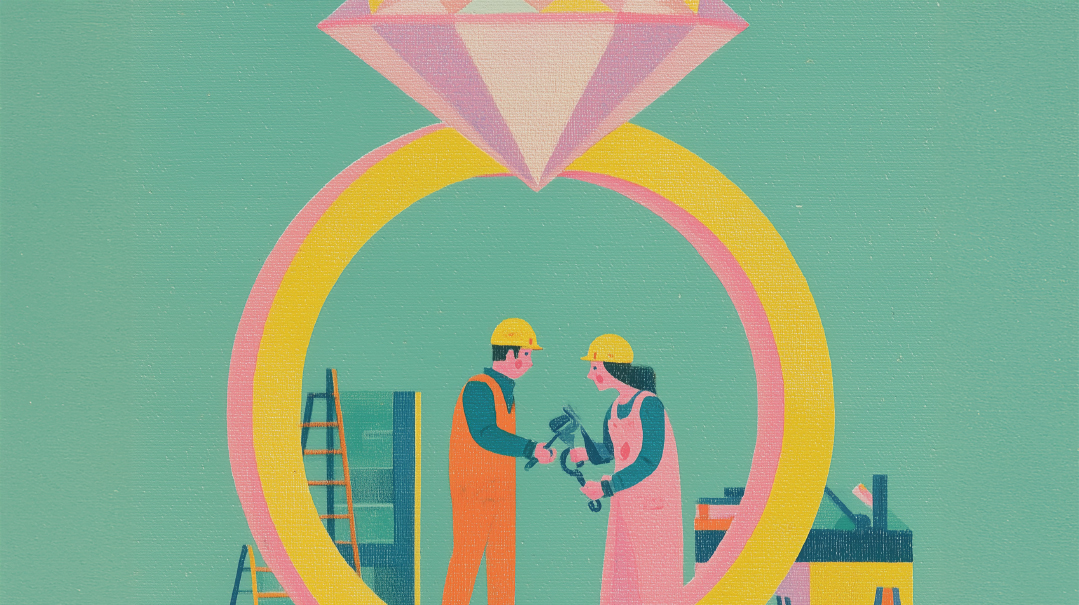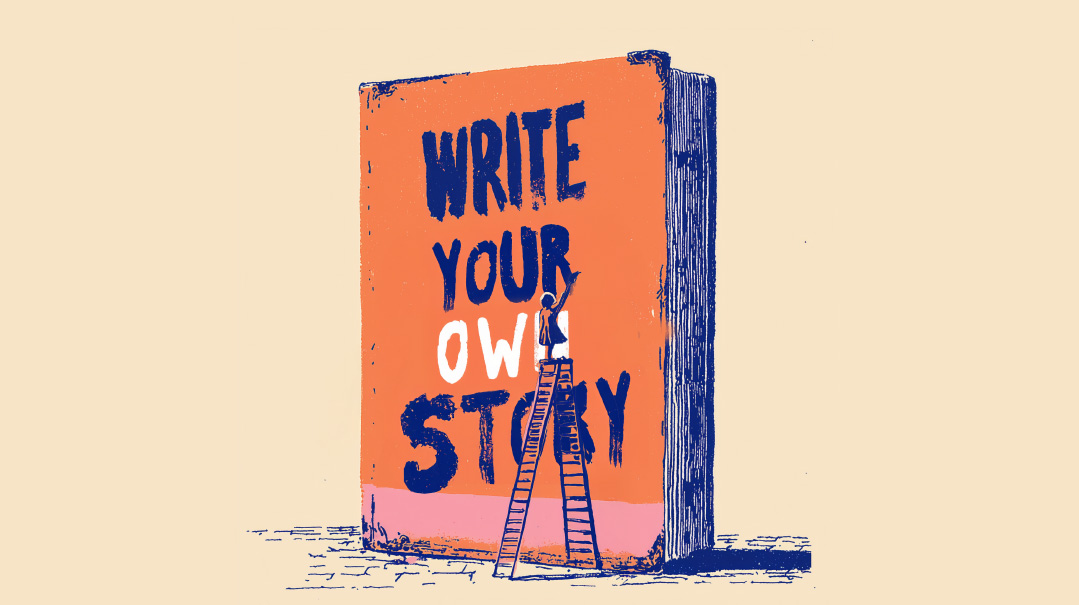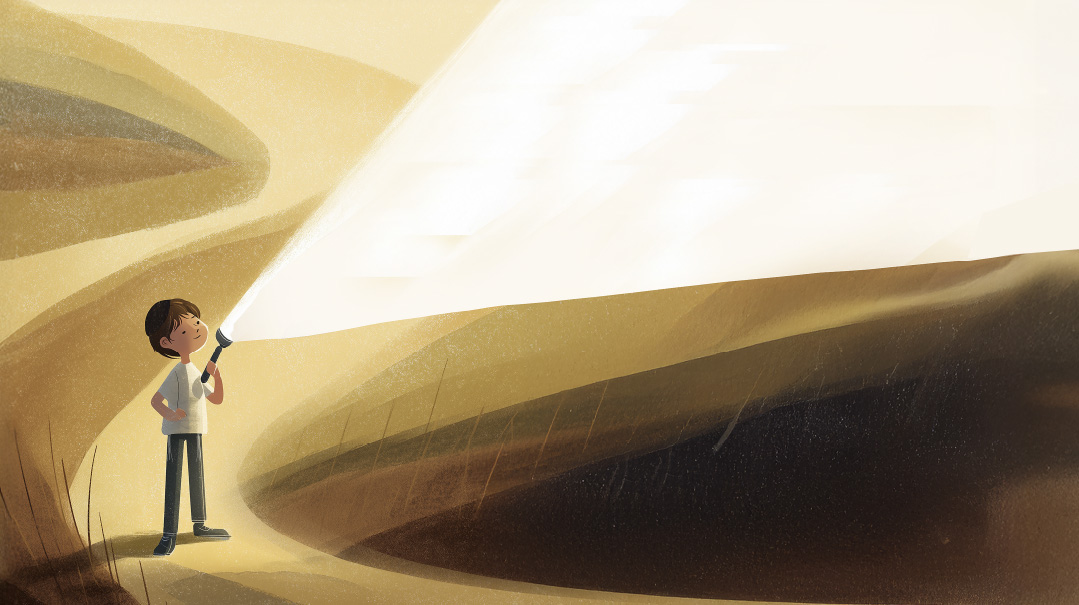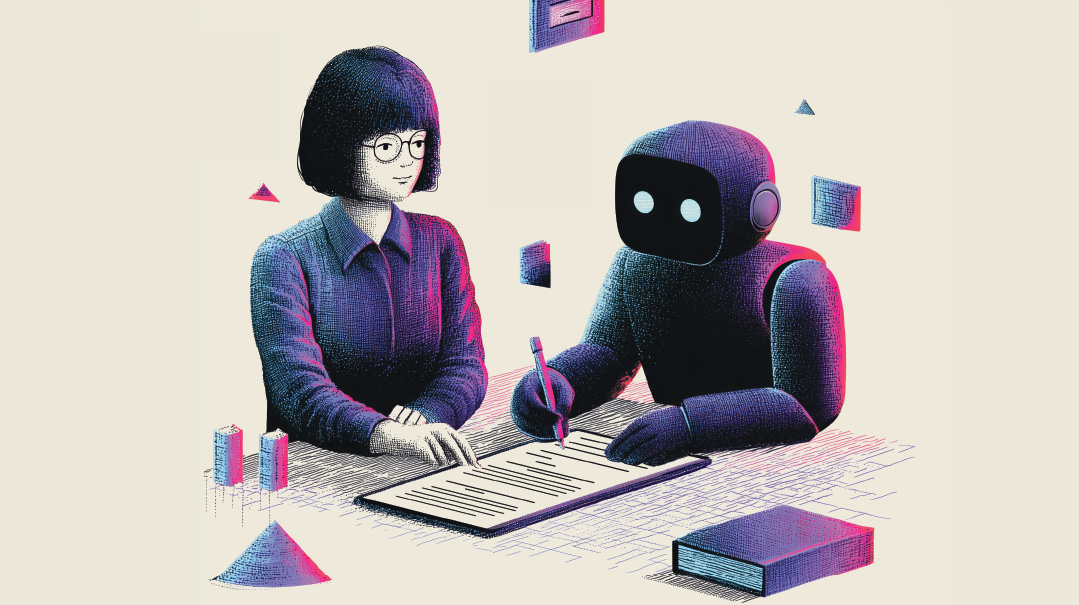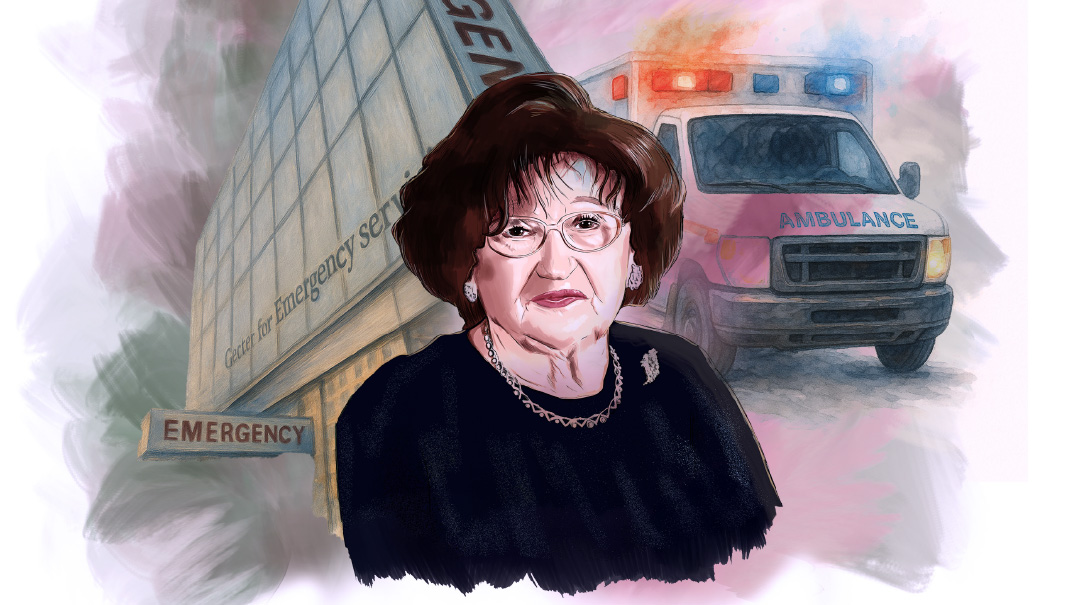Under Pressure
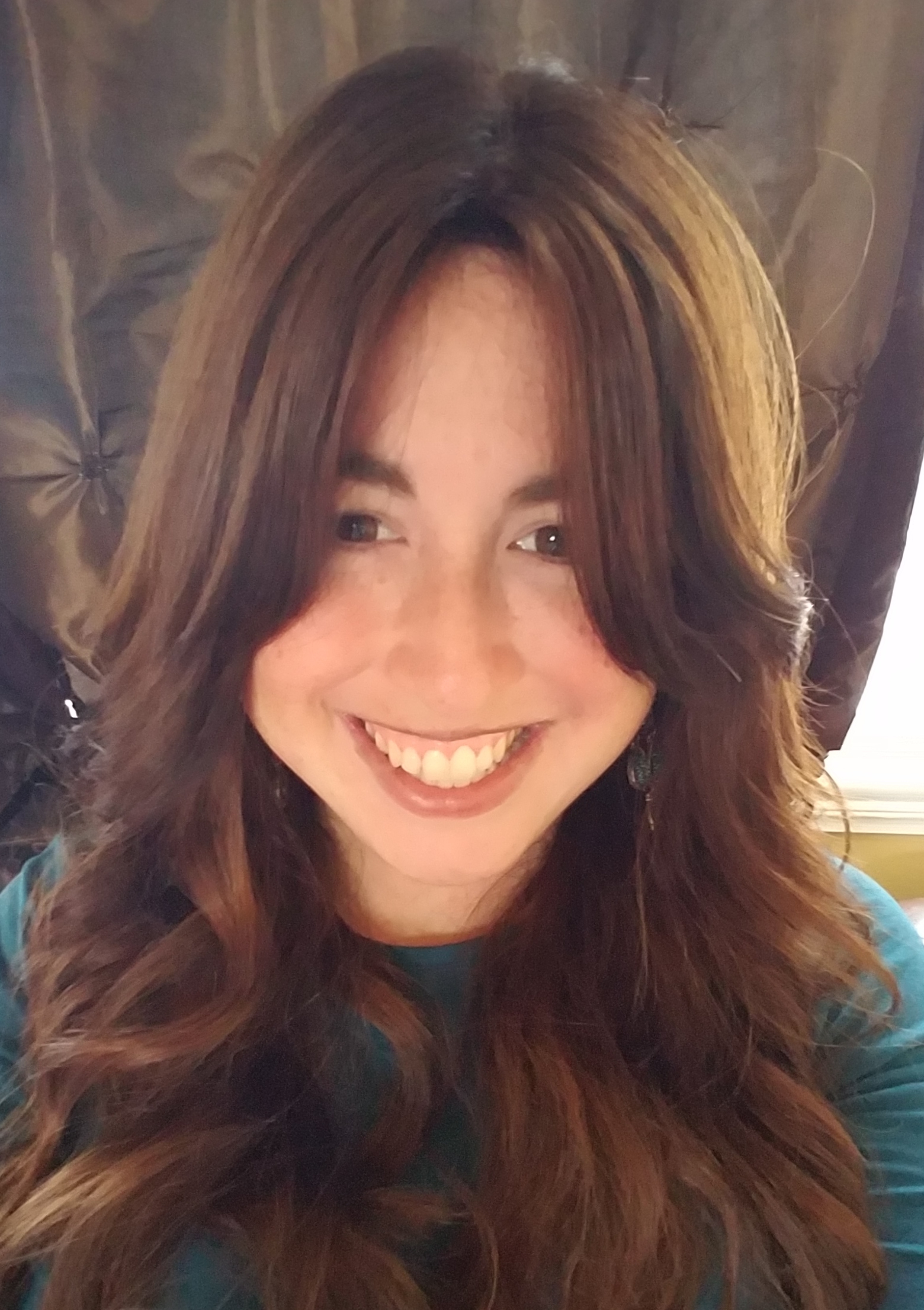
It’s called “the silent killer.” How I discovered my high blood pressure — and how I got it under control
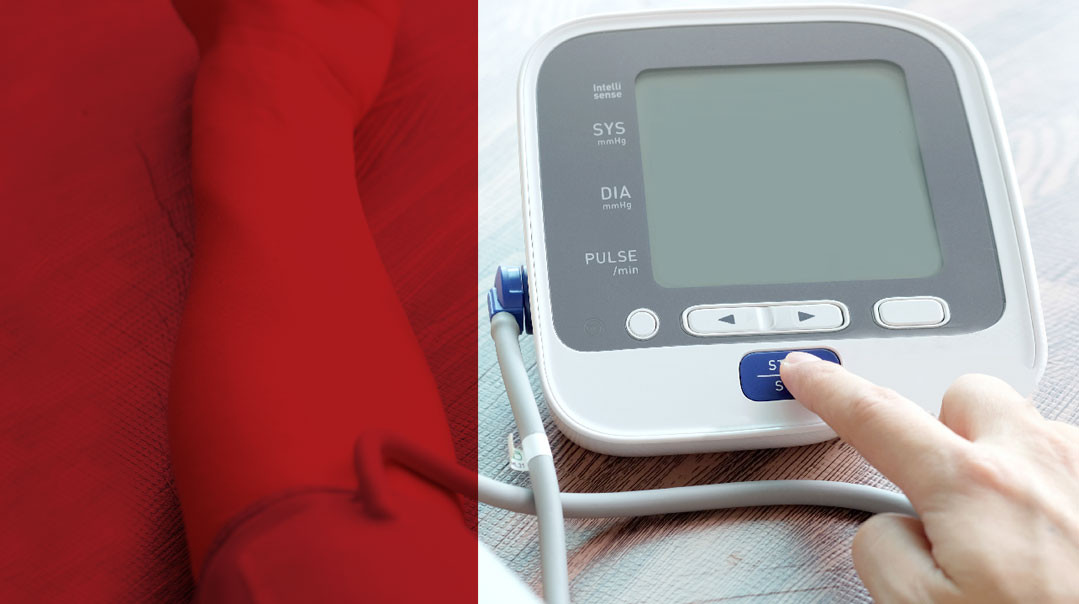
"Your blood pressure is a little high today — maybe you were rushing in here?”
Rushing in here? I'd just endured a tedious hour-long wait for my annual appointment. “Nope, not really,” was the best I could offer aloud.
“It’s 140/90,” she explained. “Elevated, but not too bad. Maybe you’re just a little nervous to be here.”
As she left the room with empty assurances of the doctor’s imminent entrance, I couldn’t help but feel a rush of déjà vu. How many times had I heard similar benign reflections on my blood pressure numbers over the past few years at checkup appointments? How many “No big deal, just keep it in the back of your minds” should I accept before moving it to the front of my mind?
On the way home from the appointment, I mentally tallied the occasions when a nurse had taken my blood pressure, commented that it was a little too high, and then explained it away. During my pregnancies everything had been fine, so when had those comments begun to dot my experience?
With so many varying appointments, many of which pertained to pregnancies over the past number of years, it was hard to untangle what had been said to me when.
It can’t be anything serious, I tried to reassure myself. After all, physically I felt fine. I exercised regularly and was at a reasonable weight considering I’d given birth to my fourth baby a year before.
A couple weeks later, my family went to stay at my parents’ house for Shabbos. Motzaei Shabbos after Havdalah, an unusual thing happened. As the grape juice, candles, and besamim left the table, suddenly a home blood pressure machine materialized in their place. My father sat down, put his arm in the cuff, and pressed the button.
“What are you doing?” I asked him, a man of 66 who'd always had excellent blood pressure.
“My blood pressure has been a bit high at doctor appointments lately, so I bought this to monitor myself at home.”
The déjà vu nipped at my heels again. I felt like Hashem was sending me a message.
“Daddy, I can’t believe it. I’ve had the same experience too, but I figured if the doctor isn’t worried, why should I be?”
“You’re young,” he said. “You’re probably only at the doctor once or twice a year, so how much can they really know from those two readings?”
“I hear you,” I said, my voice traveling off and my eyes traveling to his aging face. “I mean, I’m still in my thirties. What are the chances that this is a problem?”
“I’m sure it’s not!” he said. “But what’s the harm in taking your blood pressure after me to calm your fears?”
I slipped the cuff on and waited for it to inflate. I felt the squeeze on my bicep.
It was 160/100. What??? The upper border of normal is 120/80.
As if on cue, we both turned to each other and said, “That can’t be right.”
“You’re probably just nervous,” he said. “Take some deep breaths and try again.”
I did. And then I did again. And then I did a third time. All my numbers were way higher than my father’s, way higher than I knew was “normal.”
I left my parents' house the next morning with four children in tow and a gift from my father — his home blood pressure machine. “I think you need this more than I do,” he said.
For the next several weeks, I took my blood pressure dutifully morning and night. Each time in threes, just to make sure the first number wasn’t spiked from fear. The numbers got a little better here or there, but nothing significant enough to allay the alarm bells now ringing in my head.
I was 34 years old at the time. I brought the recorded numbers to my doctor. She diagnosed me on the spot with hypertension.
“But how is this possible?” I asked, bewildered. “I’m so young, and I feel fine.”
“That’s why hypertension is called ‘the silent killer,’ ” she answered. “Most people are walking around not even knowing they have it. And what’s this about being young? There are plenty of women your age who have it, many of whom don’t even know.”
I was floored. “But everything was fine in all of my pregnancies!” I retorted. “And my blood pressure numbers were taken at every appointment! If I had a real problem, wouldn’t it have shown up then?”
“Absolutely not,” my doctor replied. “For most people, blood pressure numbers go down during pregnancy.”
The next months were a whirlwind of finding the right medicine, the right exercise regimen, and most importantly, the right frame of mind to help me come to terms with a chronic condition I would likely be dealing with for the rest of my life.
Every time I saw a statistic about heart disease being the #1 killer in America, and every time I went to an appointment with my blood pressure specialist and saw only creased faces and canes surrounding me in the office, I couldn’t help but feel that the whole thing was unfair.
For the first time in my life, I felt a palpable fear of not making it to old age, an envy for the sea of white, wispy hair in the waiting room seats next to me.
After three different medicines, I finally found one that worked without giving me uncomfortable side effects. And I finally took up running (an excellent workout for the heart), despite hating it with every stride.
The right frame of mind though, that eluded me. I looked at my friends and neighbors who appeared to be in excellent “age appropriate” heath and wondered — why was my body failing me now?
Around this time, I was out to coffee with a close friend who happens to be a psychologist for the Department of Veterans Affairs, and I voiced this thought to her. She took my hand, looked me in the eyes, and in a very real moment said, “Beth, I work at the VA in the women’s division. I see everyone’s medical files, and I can tell you that there are very few people who make it to 35 without having any medical issues. It’s just that women aren’t talking about it to each other.”
The comment stuck with me long after the coffee cooled. Why weren’t people talking about it? Who knew how many people were suffering with chronic disease and didn’t talk about it, or in the case of heart disease, didn’t even know?
I began to talk about hypertension with people. I advocated for my peers to keep an eye on their blood pressure numbers and to listen to their bodies and the clues in their symptoms, since doctors might not pick up on them in the very seldom visits at our still-young demographic age.
It took me a long time to realize that I was one of the lucky ones. I’d noticed a pattern in the nurse’s comments and taken matters into my own hands, tracked the numbers at home, and didn’t just leave it for the doctor to deal with later in life.
As I take my meds three times daily, and as I run and run and run, I tell myself that this is for my health, and I need to find time for it. I picture my children and my blood pressure compatriots, the white-haired ladies in the waiting room, and I tell myself it is them I am running to — toward seeing my children’s milestones and simchas, being the bubby of their children, and having the privilege of growing old.
And between beats and breaths, I pray to Hashem that the finish line is very far off indeed.
BLOOD PRESSURE BY THE NUMBERS
We get our blood pressure taken at nearly every doctor’s visit, but few people know what the two numbers actually stand for.
The upper number represents the systolic pressure in your arteries — the amount of pressure during the contraction of your heart muscle. The lower number represents diastolic pressure — the pressure in your blood vessels when your heart rests between beats. We need to test both, because if either number is out of range, it’s considered hypertension even if the other is in the acceptable range.
Which numbers are normal, and what’s cause for worry?
Normal: under 120/80
Elevated: when the upper number is between 120-129, but the lower number is still under 80
Hypertension: over 130/80
Hypertensive crisis (immediate medical care is needed): over 180/120
PUTTING OUT THE FLAMES OF HYPERTENSION
Hypertension is often referred to as “the silent killer” because most people don’t have physical symptoms. In fact, “if you’re feeling symptoms from high blood pressure, then you’re already far along and potentially in the danger zone,” says Dr. George Bakris, the director of the Comprehensive Hypertension Center at the University of Chicago. He estimates that 10 to 15 percent of adults over the age of 30 don’t even know they have the condition.
Primary hypertension (also called “essential hypertension” or referred to as high blood pressure) has no specific cause, although family history and personal health habits (diet, sleep, etc.) are important contributors.
“Be aware of your genetics,” says Dr. Bakris. “If a close family member — father, mother, grandparent, uncle or aunt — was diagnosed with hypertension before age 60, you should be on higher alert.”
When there’s a family history of high blood pressure, Dr. Bakris recommends purchasing a home blood pressure machine and taking your blood pressure first thing in the morning two–three times a month. “Don’t use free public blood pressure machines at pharmacies or grocery stores because they’re notoriously inaccurate,” he warns.
He recommends the Omron 700 model, which is used in clinical trials and is known for being affordable and reliable. “If you’re consistently seeing above 130/80 at home, see a doctor about it,” he advises.
Early-onset hypertension is defined as hypertension in anyone under the age of 40. Increases in obesity in adolescents and young adults are said to be a big part of the equation when hypertension sets in at younger ages. Women with polycystic ovary syndrome are also more likely to have early-onset hypertension.
“You need to think of hypertension as an unrecognized fire in your house,” warns Dr. Bakris. “Unless you put it out, it’s going to eventually destroy everything.”
It can take only a few years of undiagnosed hypertension to give you left ventricular hypertrophy, which is a thickening of the walls of your heart’s main pumping chamber. The encouraging news is that it can be reversed once blood pressure is under control. Catching hypertension early can also lower the risk of cardiovascular disease and kidney damage.
Although it takes many years for hypertension to affect the eyes, the higher your blood pressure numbers are, the quicker you’re going to develop bodily damage. Dr. Bakris explains that as long as blood pressure is not around 180, your kidney has ways to protect itself, but ideally you don’t want it to be 160 on a regular basis either. “The quicker people manage hypertension, the less risk they have.”
5 WAYS TO CUT YOUR RISK OF HYPERTENSION
Lose any excess weight.
Lower your salt intake. Less than one level tsp. (approximately 2,335 mg) a day is recommended. Higher than 2,300 mg a day is considered a high salt diet. That’s alarming considering that the average American salt intake is around 4,500 mg/day (and in other countries, such as China, it’s five or six times that amount).
Get at least six hours of good quality, uninterrupted sleep nightly. Dr. Bakris calls “sleep” the lesser known “s” of managing blood pressure (the first, more famous one being salt).
Exercise regularly, particularly cardio.
Manage your mental stress. Dr. Bakris says this is especially important for people in high- mental-stress professions such as lawyers, businessman, and stock traders. He's seen several patients who only suffered from hypertension during working hours. “Within an hour after leaving work, their pressure went down to normal,” he reports. Work to get a handle on stress at all hours of the day.
(Originally featured in Family First, Issue 664)
Oops! We could not locate your form.







